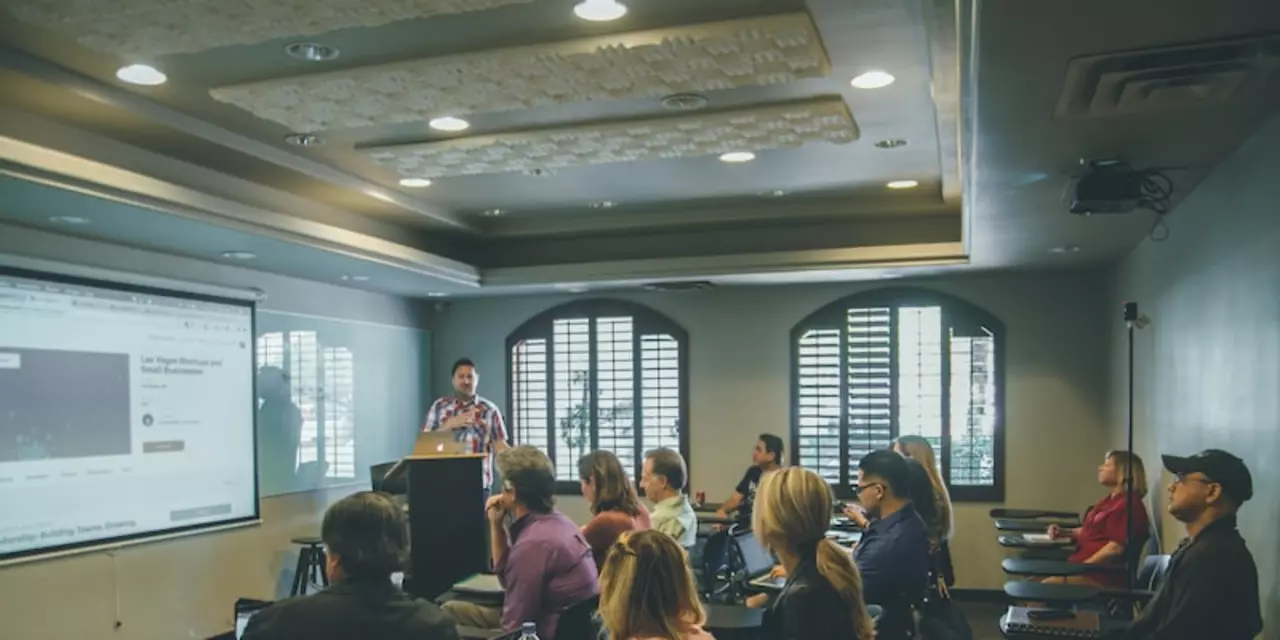Exploring the Pros and Cons of Higher Education: Is It Really Worth It?
It’s no secret that higher education is expensive. But is it really worth it? Many people debate the pros and cons of higher education and whether or not it truly makes a person well-educated. Let’s explore the pros and cons to help you make an informed decision.Pros of Higher Education
- Higher education can open doors to more career opportunities.
- It can lead to higher earning potential.
- It can provide valuable connections and networking opportunities.
- It can help you become an expert in your chosen field.
- It can provide access to a variety of resources that can help you succeed.
Cons of Higher Education
- Higher education can be expensive and cost-prohibitive for some.
- It can take a long time to complete, and some people don’t have the time or resources to commit.
- It can be difficult to balance school with other commitments.
- It doesn’t guarantee success; many students find themselves in the same career position after graduation.
In modern society, there is a common belief that higher education is the key to becoming well-educated. But does achieving a higher degree necessarily make someone well-rounded? Are there other factors that contribute to a person’s overall level of knowledge and understanding of the world? To answer these questions, it’s important to look at what is required to complete a university degree and how that compares to the skills and experiences needed to become truly well-rounded.
When one completes a degree program, they often gain a specialized knowledge of a particular subject. This can be helpful for pursuing certain career paths, but it doesn’t always give a person a comprehensive understanding of the world. To be truly well-educated, one needs to develop a broad range of skills and experiences. This can include learning about different cultures and beliefs, exploring different areas of study, and developing communication and leadership skills.
In addition to gaining knowledge and experience, it is also important to develop critical thinking and problem solving skills. These skills are essential for navigating the complexities of the modern world. By taking the time to learn and practice these skills, one can become an informed and well-rounded individual.
Ultimately, higher education is just one part of the equation when it comes to becoming well-educated. It is important to remember that there are many other aspects to consider when striving for a well-rounded education. By focusing on acquiring knowledge, developing critical thinking skills, and exploring different cultures and experiences, one can become truly well-educated.
Higher education is often considered a vital part of becoming a well-educated individual. But does it really make us truly well-educated? This is a debate that has been going on for many years, and one that has no clear answer. On one hand, higher education can provide us with an enormous amount of knowledge and skills. For example, college and university courses can teach us about a wide range of topics, from history and science to business and engineering. We can also learn how to think critically and write effectively. All of these things can help us become better informed and more capable individuals. However, there are also some drawbacks to higher education. For example, it can be very expensive, and there is no guarantee that the knowledge and skills we gain will be applicable in the real world. Furthermore, higher education can be very time-consuming and can take away from opportunities to gain real-world experience. In the end, whether higher education makes us truly well-educated depends on the individual. For some, it can be an invaluable experience, while for others, it may not be the most suitable route. Ultimately, it’s up to each individual to decide if higher education is right for them.